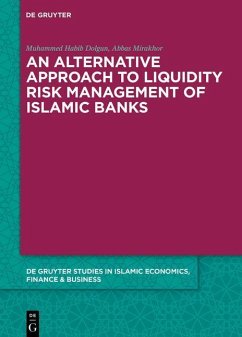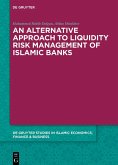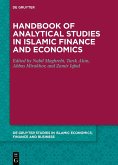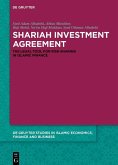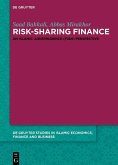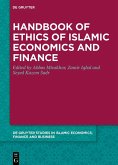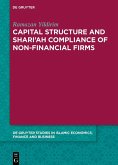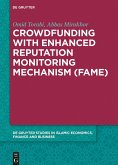Despite noticeable growth in Islamic banking and finance literature in recent years, very few published books in this area deal with supervisory and regulatory issues in Islamic banking - theoretically or empirically - and none with the critical issue of risks involved in liquidity management of Islamic banks. This unique book is the first of its kind in dealing with challenges these financial institutions face in the absence of interest rate mechanism and debt-based financial instruments. The book examines critically issues involve in managing the risk of liquidity management for these types of institutions, including those stemming from Basel requirements. It then offers an alternative regulatory framework more appropriately suited for such banks without compromising safety and security. The book's unique features and innovative dimensions diagnostically differentiate between Islamic banks and conventional banks as related to liquidity management risks. It proposes a risk-sharing regulatory framework that, once implemented, would mitigate risks posed by balance-sheet mismatches. The book aims to assist regulators, supervisors, Islamic finance practitioners, academicians and other relevant stakeholders.
Dieser Download kann aus rechtlichen Gründen nur mit Rechnungsadresse in A, B, BG, CY, CZ, D, DK, EW, E, FIN, F, GR, HR, H, IRL, I, LT, L, LR, M, NL, PL, P, R, S, SLO, SK ausgeliefert werden.

